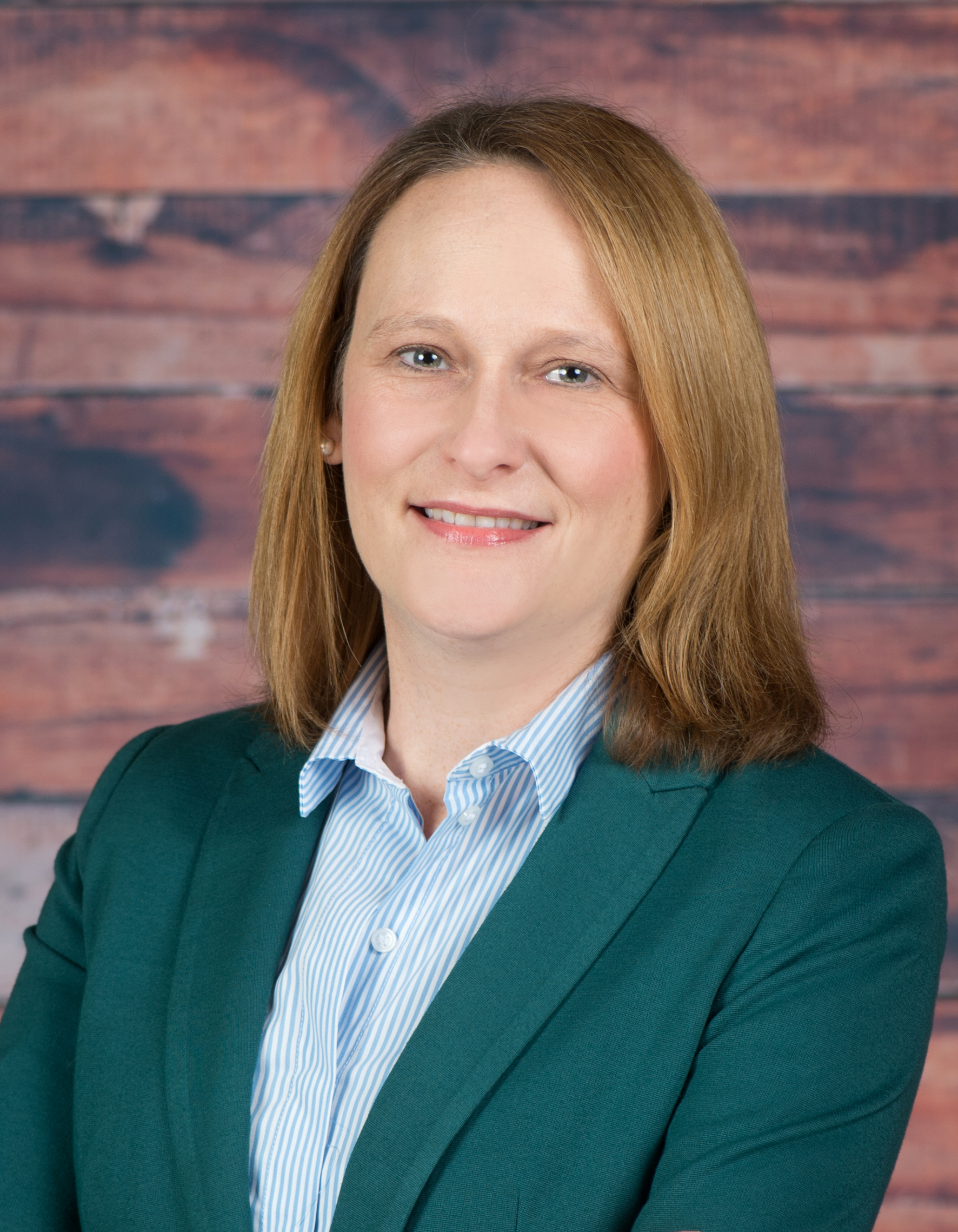SALESFORCE: HOW TO GET THE MOST OUT OF YOUR CRM PLATFORM

As someone who enjoys traveling the world and has gained experience communicating with people from many different cultures, communication in corporate environments is no problem for Angela Tekulve.
For more than 15 years, Angela has been working in business analysis and systems improvement. Recently, she has been helping companies get the most out of the industry-leading CRM, Salesforce. We sat down with Angela to talk about this experience.
We started with the basics. What is Salesforce and why is it critical for how organizations do business today?
Short answer: Essentially it’s an application that gives users a shared view of its customers and potential customers. Salesforce is a scalable platform–organizations can do everything from automated marketing to customer support to billing and invoicing with applications built on the platform. Most companies enter Salesforce through buying Sales cloud, which helps sellers track their prospects and leads, and then close deals. A lot of companies expand into the marketing automation realm, customer support, learning and development, etc.
How does Salesforce–or really any CRM–actually help drive business results?
A CRM gets your customer and prospect data out of spreadsheets or notepads and into a central repository. This has benefits. It can help you predict your sales, understand why you lose deals, and help sales representatives focus their time on the most meaningful sales activities.
So it makes the sales process more efficient?
Yes, but not only that. It can increase quality too. A lot of companies use a CRM platform like Salesforce for their customer support function, so all of the notes around your customers live in one application.
So everyone can see it?
Exactly: all functional teams can access the information. So, often you will find that it facilitates better cross-functional communication because multiple user groups can communicate about one customer at the same time.
Salesforce has been around for a while…do organizations use it well?
Some do and some don’t–it depends on the organization. But eventually everyone falls behind in some way.
Do you see room for improvement?
Absolutely! As organizations grow and change, keeping Salesforce in sync can easily become an afterthought, especially where there is siloed communication between business users and system administrators.
How do they get out of sync?
A lot of organizations have their Salesforce administration in an IT Organization and the users of the tools are usually a Sales or Marketing team. The admin looks after the technical bits of the tool. If there isn’t frequent communication then they may feel like everything is working fine. Meanwhile the users are really frustrated because they feel like there are too many fields on the screen or they are being asked to enter useless information, etc.
It seems like it all comes down to communication.
Lack of communication leads to dissatisfaction, every time and for everyone.
What recommendations do you have for companies who have implemented Salesforce, but may not be using it to its full potential?
Listen to your users! Think through the parts of your business that have changed and tidy up the messy parts that aren’t working anymore. Also, try to take advantage of the new features that Salesforce pushes out in its regular releases.
What are the most common pitfalls you see where companies aren’t using Salesforce to its fullest potential?
Some of the more common pitfalls are overlooking end user input for the design and implementation of a CRM for the first time, investing in a CRM without a clear sales process or agreement between the various groups like Sales and Marketing, and running a powerful CRM like Salesforce without training the actual users.
What happens when these elements are overlooked?
Ultimately? Lost resources and missed opportunities. Organizations can spend so much time and money on defining requirements and configuring the tool for go-live. However, without a plan for post-go-live support and training, an organization won’t fully realize the benefits of the tool.
It almost sounds like problems with the tool are actually problems with the organization…
I’m a business process person at heart. I fundamentally believe that tools like Salesforce work best when the end-to-end business process has been fully thought out, ownership and accountabilities are clear, and there is a compelling narrative for how the tool will help achieve broader strategic goals.
And that doesn’t always happen?
Of course not! So where this forethought doesn’t exist, I enjoy putting the pieces of the puzzle together. Communication between business groups can be hard, but I enjoy helping people talk to one another.
What’s your approach for putting the pieces together? Especially when working with people who are afraid of the change that might be necessary for maximizing the use of a tool like Salesforce?
Listen, be empathetic, and put yourself in their shoes. Once you understand where they are coming from, you can talk to them about how the tool is going to make their life easier. If it’s a tool that you believe in (which, in the case of Salesforce, I do), then usually it will make things easier! All I do is ask them to come along with me and trust that it’s going to make their lives better.

Angela is an experienced management consultant with over 15 years of experience in business analysis, project management, systems implementation and quality improvement. She loves the ambiguous and changing nature of complex projects and has a proven track record of developing the systems, processes, and tools necessary to make the complex simpler. Angela’s open, collaborative working style and can-do attitude fosters team building and cross-functional communication. Angela has deep expertise in leading large global projects for Fortune 500 companies with locations across North America, South America, and Europe. She holds both a Bachelors in finance and biology from the University of Georgia and is a certified Project Management Professional (PMP). Angela is a travel junkie and in her spare time enjoys globetrotting to some faraway locale.
